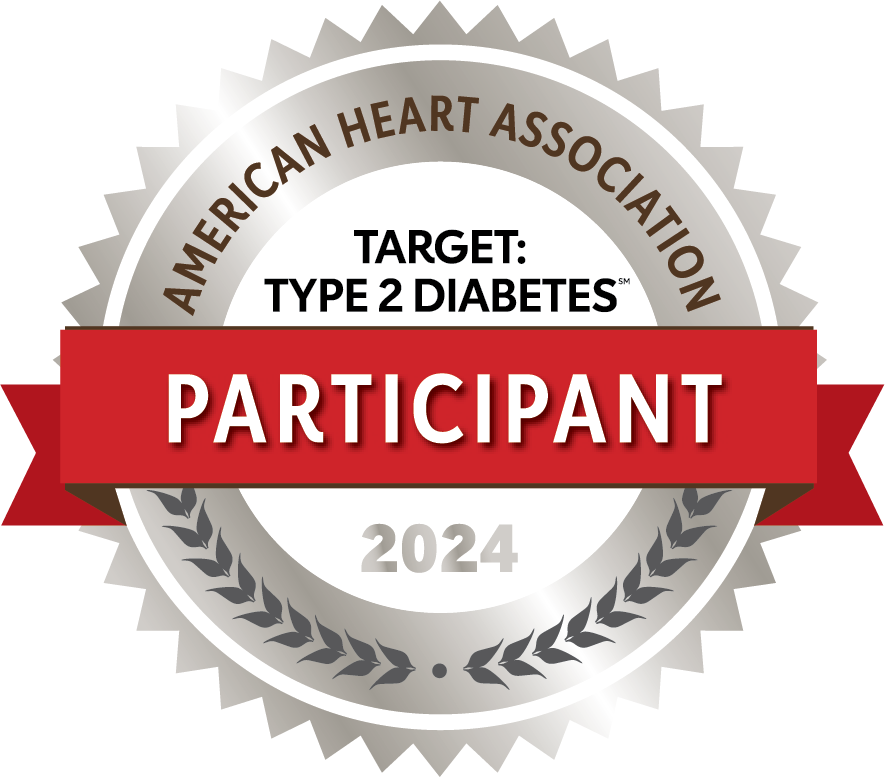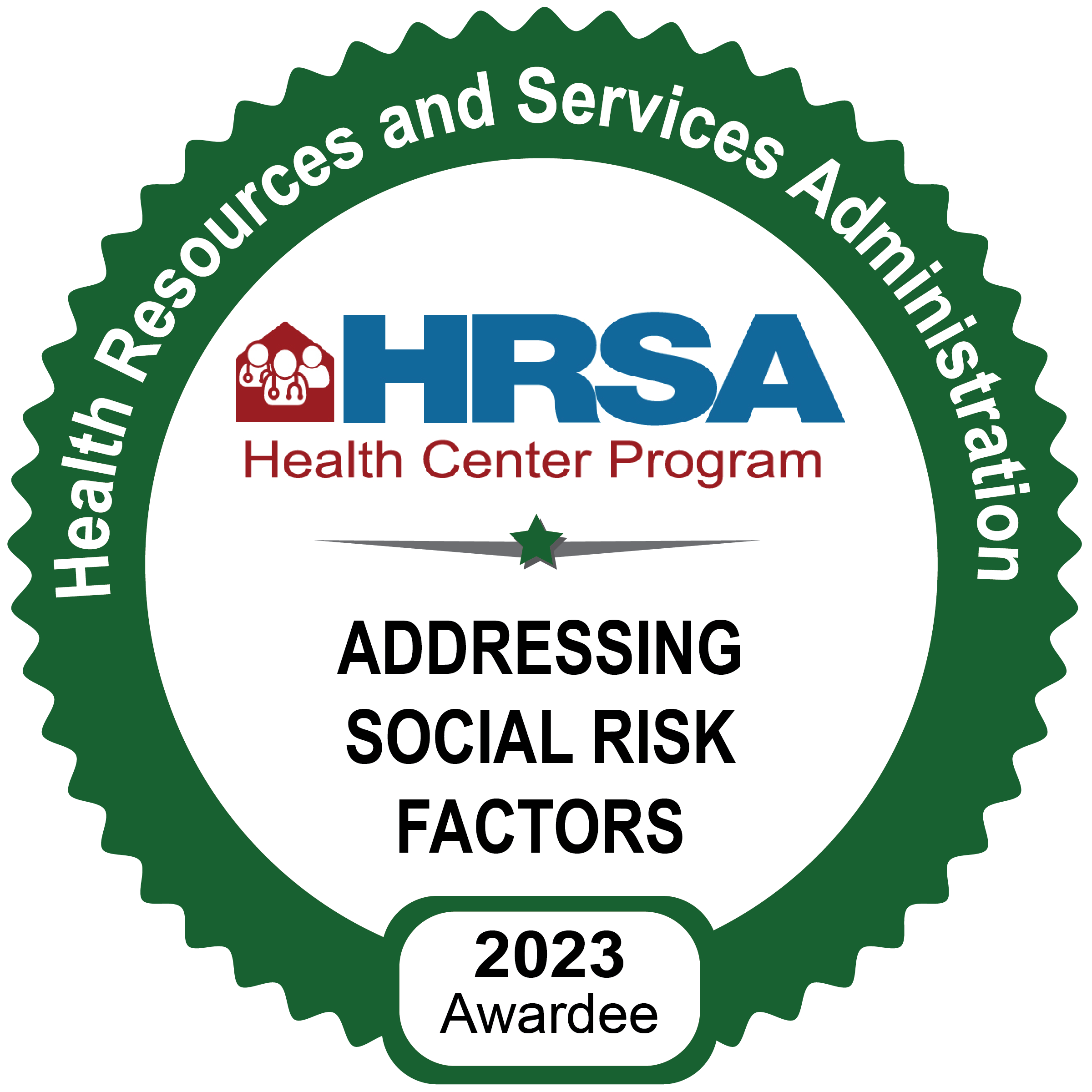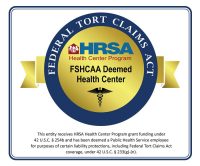Living at elevation comes with some great perks. It’s a little cooler in the summer months, the mountains are practically our back yard, and we get some… interesting weather. But one of the things we frequently forget is that UV rays are stronger at high altitudes.* Over-exposure to UV rays can cause sunburns, which are not only painful, but can also increase your risk of skin cancer. Currently in the US, there are over 1 million new cases of skin cancer each year.
To help protect your skin from UV damage:
Wear sunscreen. Choose a sunscreen that has a sun-protection factor (SPF) of 30 or higher, and that protects against both UVB and UVA rays (usually labelled as “broad spectrum”). Cover any areas of skin that are exposed to the sun, and reapply on a regular basis while you’re out in the sun. Reapplication is especially important if you’re swimming or getting sweaty.
Wear protective clothing. Some clothing has built-in UV protection, and can help protect your skin. Regular clothing also provides some sun protection, but loosely woven or wet clothing does not protect as well.
Protect your head, face and eyes too! Your eyes can also become damaged by UV rays, so it’s important to shield them with sunglasses and a hat. Plus, getting a sunburn on your scalp – ouch!
Plan outdoor activities around the sun. Scheduling your outdoor activities during the early morning, late afternoon or evening will help reduce your sun exposure, as well as your risk of heat-related illness.
Enjoy the shade. Take regular breaks from your outdoor activities to rest in a shaded area or go indoors. This is also important for avoiding heat-related illnesses.
Just say “no” to tanning. The only safe tan is a faux tan – tanning booths or sun tanning still exposes your skin to UV rays and can contribute to your risk of skin cancer. Using spray tan products is much safer.
Screen up even on cloudy days. Even though we associate sunburns with hot, clear, sunny days, UV rays can still damage your skin when it’s cloudy or when there’s snow on the ground. If you’re going to be outside for longer than 15 minutes, wear sunscreen even if it’s cloudy or cold.
Dark skin needs sunscreen too. Although dark skin tones are less susceptible to sunburn, the risk of skin cancer remains the same. You should wear sunscreen even if you rarely or never sunburn.
Give yourself a skin checkup. Inspect your skin on a regular basis for unusual spots or moles that have changed size or appearance. Catching signs of skin cancer early is important.
For more information about sunscreen, follow this link: https://www.mayoclinic.org/healthy-lifestyle/adult-health/in-depth/best-sunscreen/art-20045110
*Contrary to popular myths, this is not because we are closer to the sun, but because the atmosphere is thinner at altitude.











